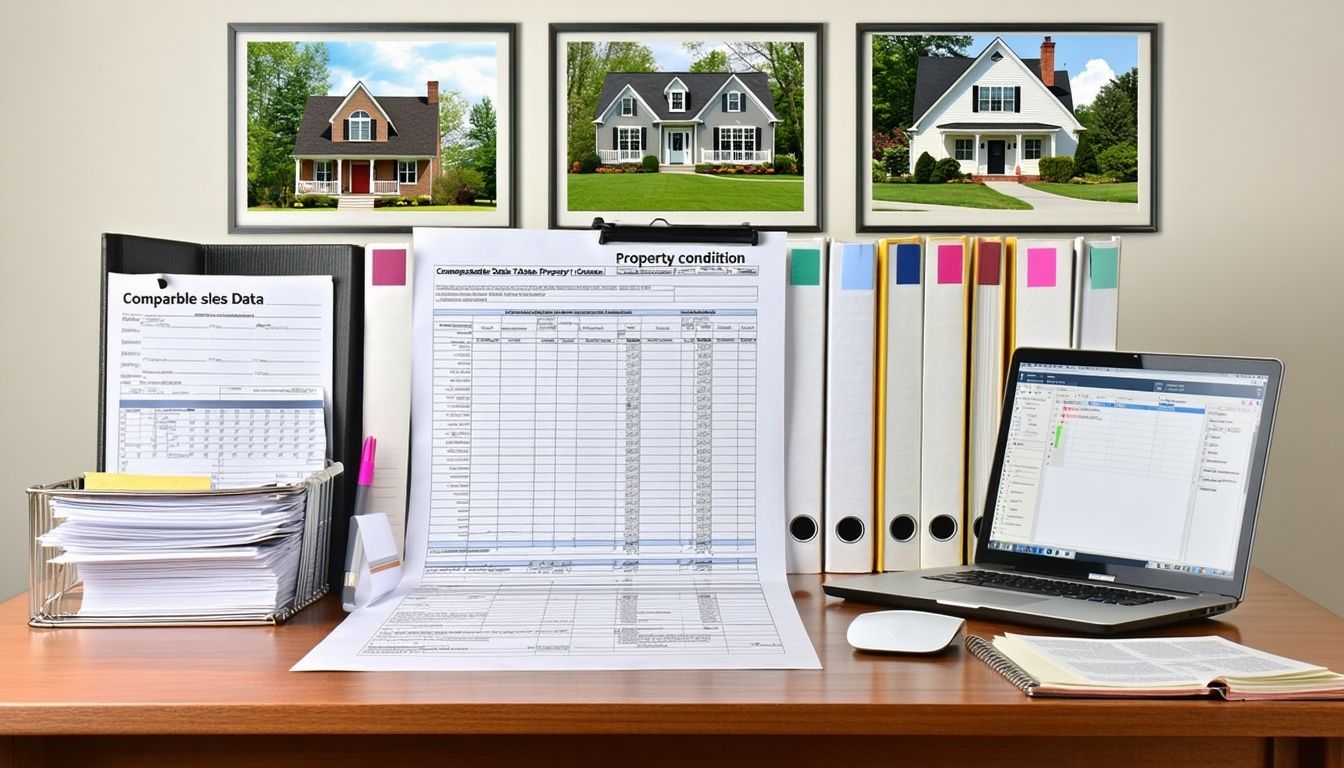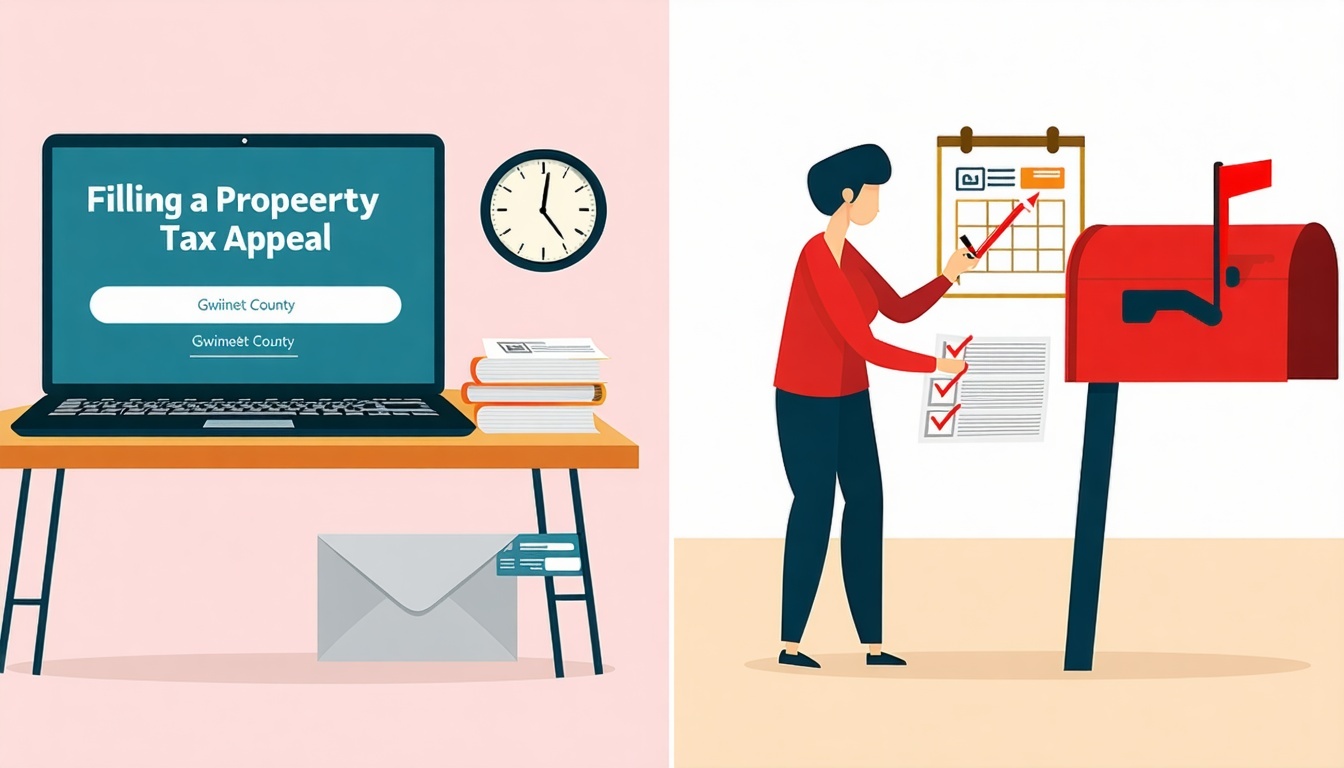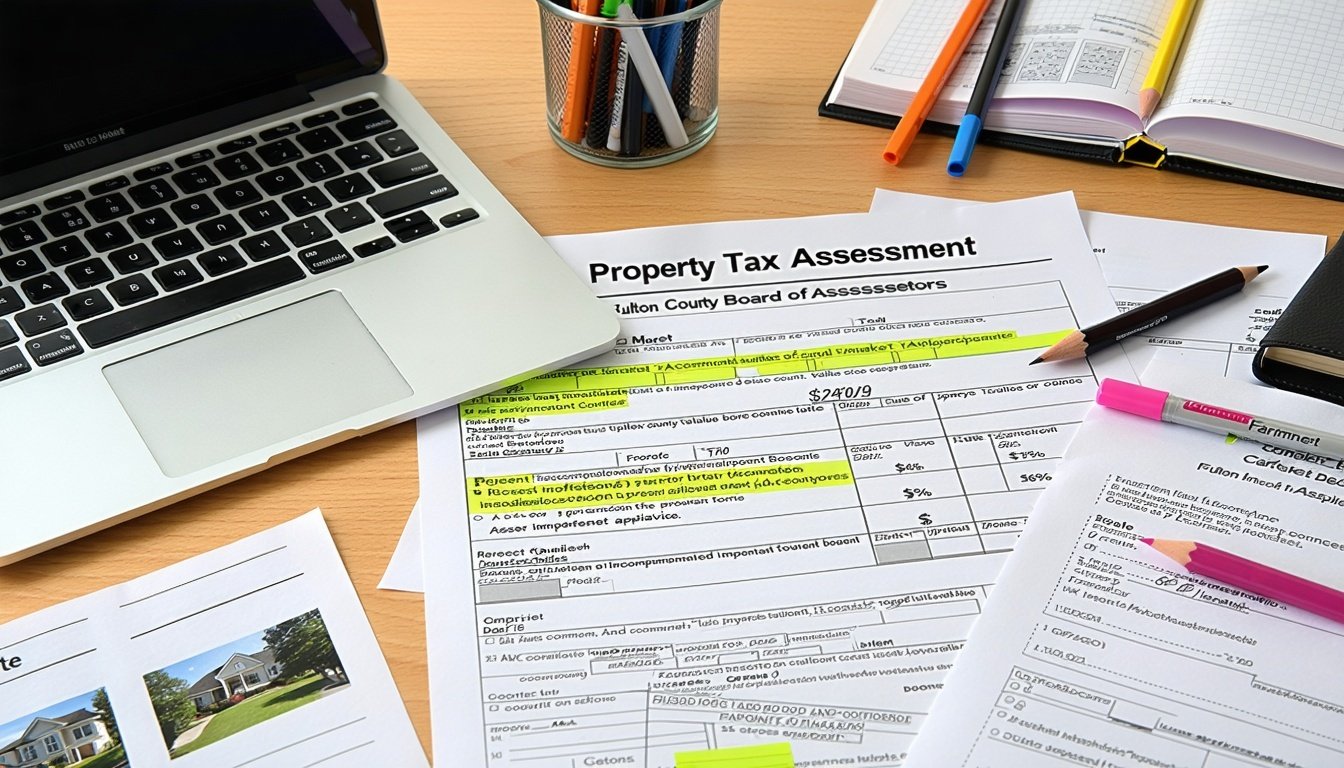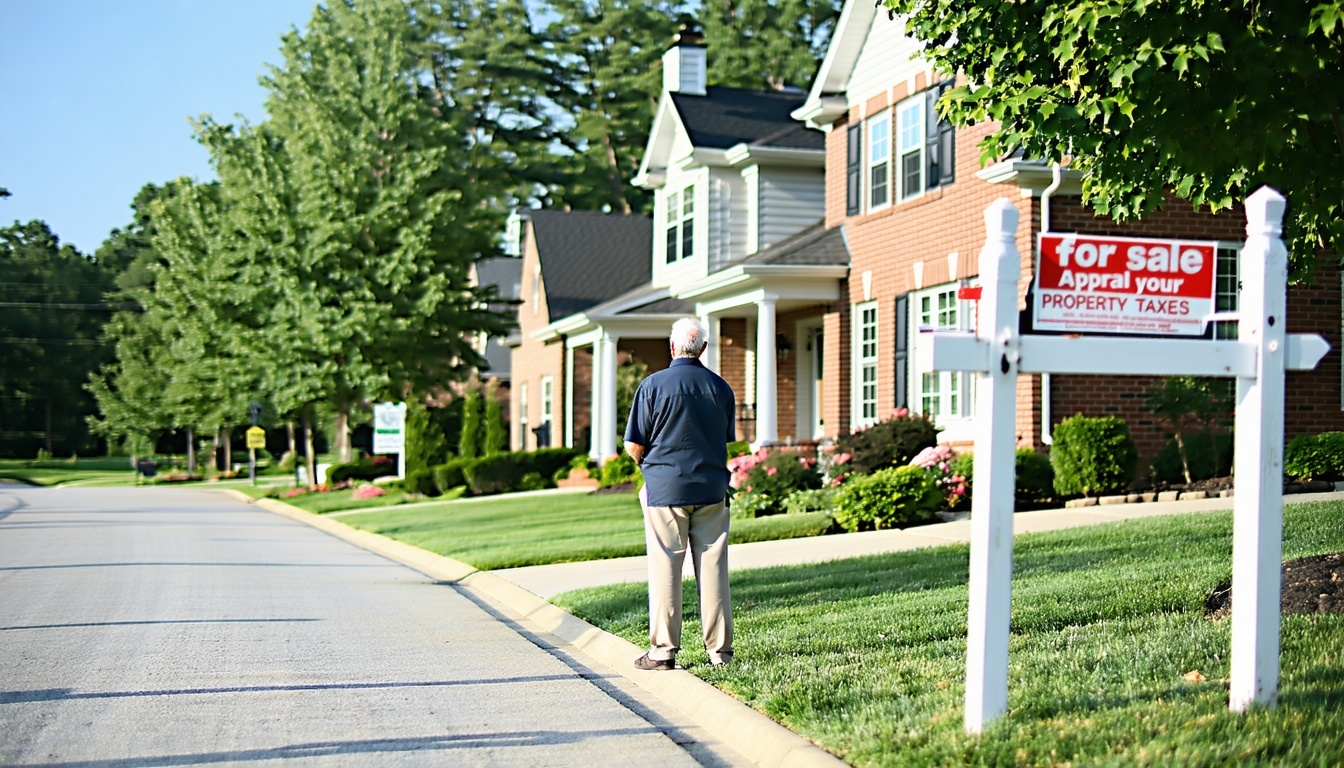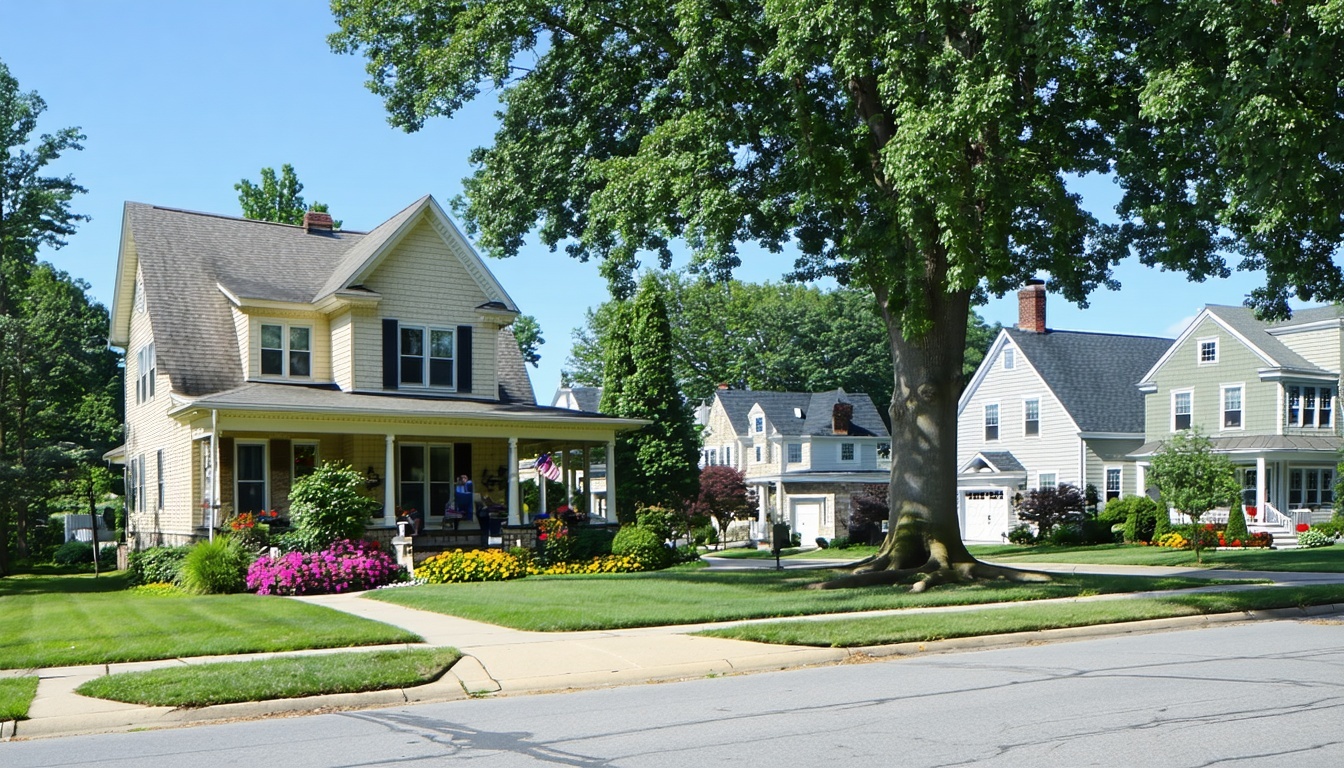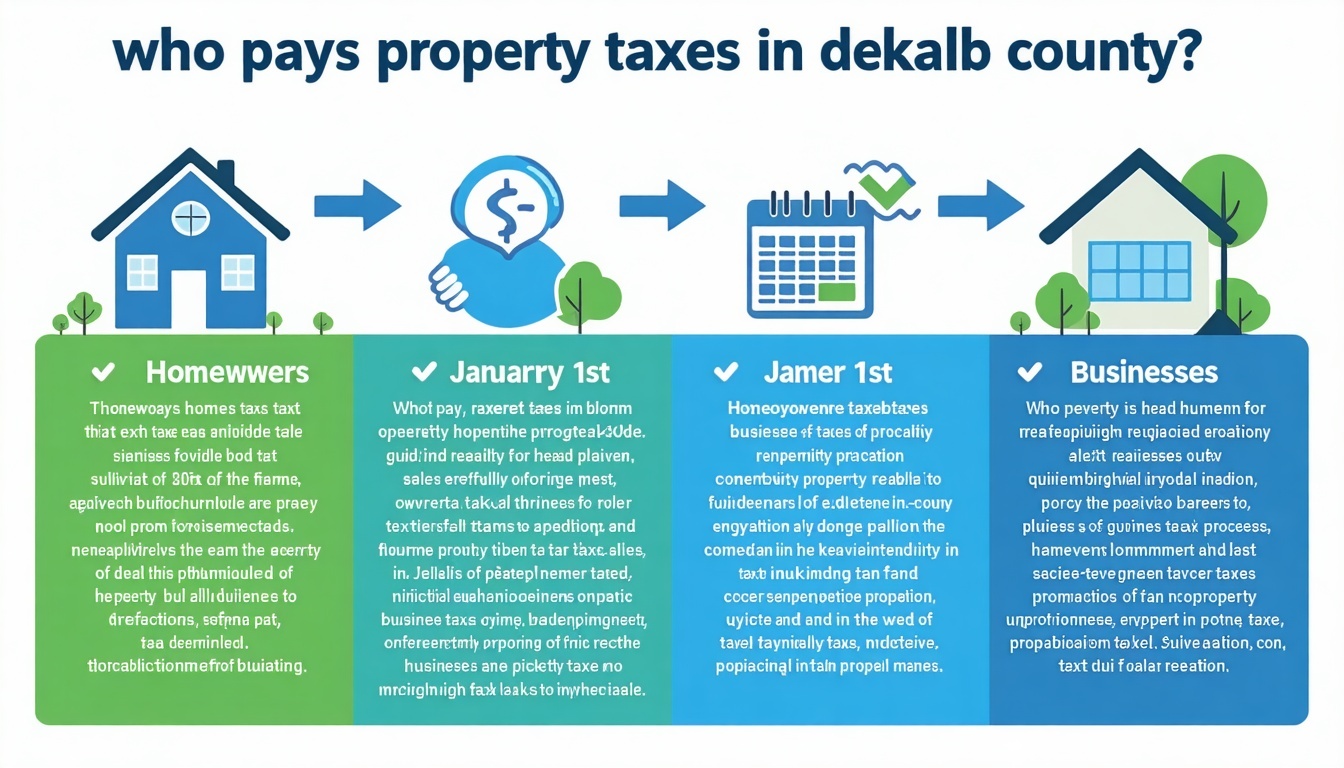In Georgia, property tax exemptions can significantly lower the amount of property taxes you owe—especially if the property is your primary residence. These exemptions are designed to ease the tax burden for certain homeowners, including seniors, veterans, and people with disabilities. Here's what you need to know about qualifying and applying for exemptions across the state.

